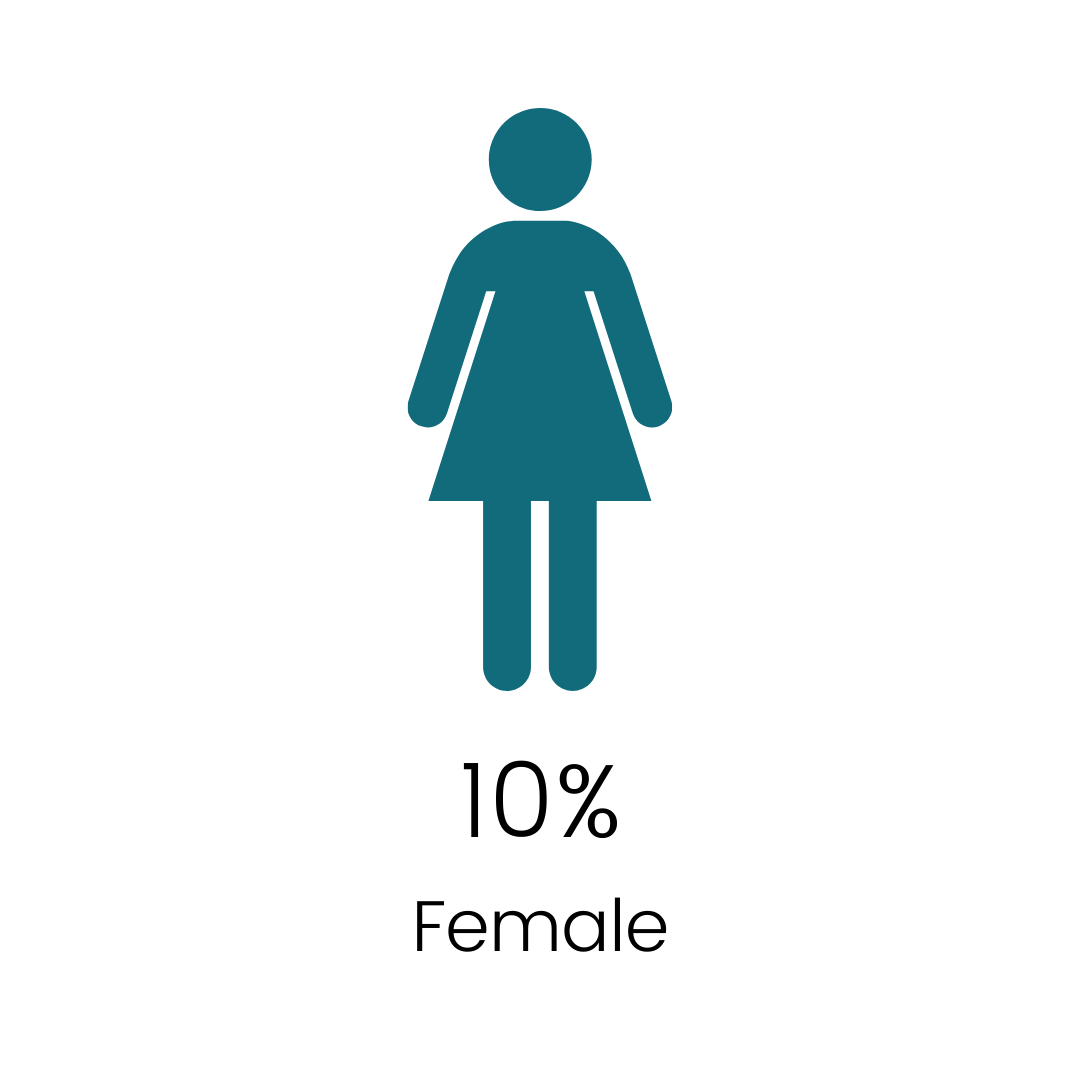Research: What do business and investment leaders bring to Team Scotland?
New research into the education and diversity background of over 200 business leaders shows that faster progress is needed if Scotland’s economy is going to benefit
Click here to read the briefing paper.
Faster growth in diversity at the top level is needed if Scotland is going to benefit from a wider spectrum of thought leadership to maximise the country’s ability to overcome challenges such as increasing productivity, innovation and improving risk management.
Research from the David Hume Institute looking into the education and diversity background of over 220 business and investment leaders shows that there is little diversity - and less than other sectors analysed in the Institute’s previous work.
The analysis found that:
There are still more leaders called John than there are female leaders (7% John and 5% female)
One in four (26%) have held positions at four services companies (Accenture, EY, McKinsey, PwC)
2 out of 3 (65%) of investment company leaders attended an elite university with 1 in 5 of these attending Oxford or Cambridge. This compares to 49% of Angel Investment leaders who attended an elite university.
9% of investment company leaders are female - falling behind the UK average (13%)
20% of angel investor leaders are female - higher gender diversity than others in the business sector
31% of the top business leaders also hold positions on other boards, showing a narrow pool of decision makers has significant influence beyond their own companies.
The David Hume Institute’s research clearly shows limited diversity of Scotland’s top business and investment leaders. Scotland needs its business leaders to not only champion diversity across their organisations, they need to be open to more immediate change at the most senior levels to reap the benefits of more diverse thinking now.
Every business leader must choose to prioritise diversity of thought as we recover from the pandemic if Scotland’s businesses are to increase productivity and resilience to future risks. For Scotland to be in the Champions League for business and investment we need a more diverse squad available for selection.
Research: What do the Scottish Parliament's new players bring to Team Scotland?
The David Hume Institute measures diversity of Scotland's top decision makers, including the Scottish Parliament. Diversity of thought improves an organisation’s performance. The challenges Covid brings means we need to ensure diversity across all decision makers to maximise resilience and innovation.
As the representative of people in Scotland and high-profile public servants, MSPs have a key role to play in helping the public see that leaders can come from a wide range of backgrounds.
Read the briefing here.
The David Hume Institute measures diversity of Scotland's top leaders, including the Scottish Parliament. The challenges the pandemic has brought mean we need to ensure diversity across decision makers to help recovery because diversity of thought improves organisation performance.
As the representative of people in Scotland, MSPs have a key role to play in helping the public see that leaders can come from all walks of life.
The speed of progress towards education diversity in Parliament is increasing. Now 1 in 5 or 20% of MSPs attended a fee paying school, compared to 1 in 4 (24%) in the last session. By comparison fee-paying pupils make up just 6% of the general population.
Unless the rate of change increases it will be the 2056 election before Parliament reflects the education background of the wider population.
The 2021 Scottish Parliament elections have rightly been praised for giving Scotland the most diverse Parliament in its history. With greater representation of people of colour, disability, LGBT+ community, young MSPs and female representation, intentional moves by political parties to increase diversity of candidates is leading to a Parliament that more accurately represents its population.
The research also analysed work experience and careers before politics. The 2021 intake of MSPs had a wide range of employment experience before entering the Scottish Parliament. This adds to the range of life experience and skills to draw on when representing people: for constituency case work, contributing to the committees and the chamber. 19% also have previous experience representing people through being local councillors.
Read the full analysis to find out more about the 2021 changes in the Scottish Parliament. The election feels like a milestone in progress towards Scotland becoming a more equal society but there is still a long way to go for the parliament to be representative of the Scottish population and to realise the benefits of greater diversity.







